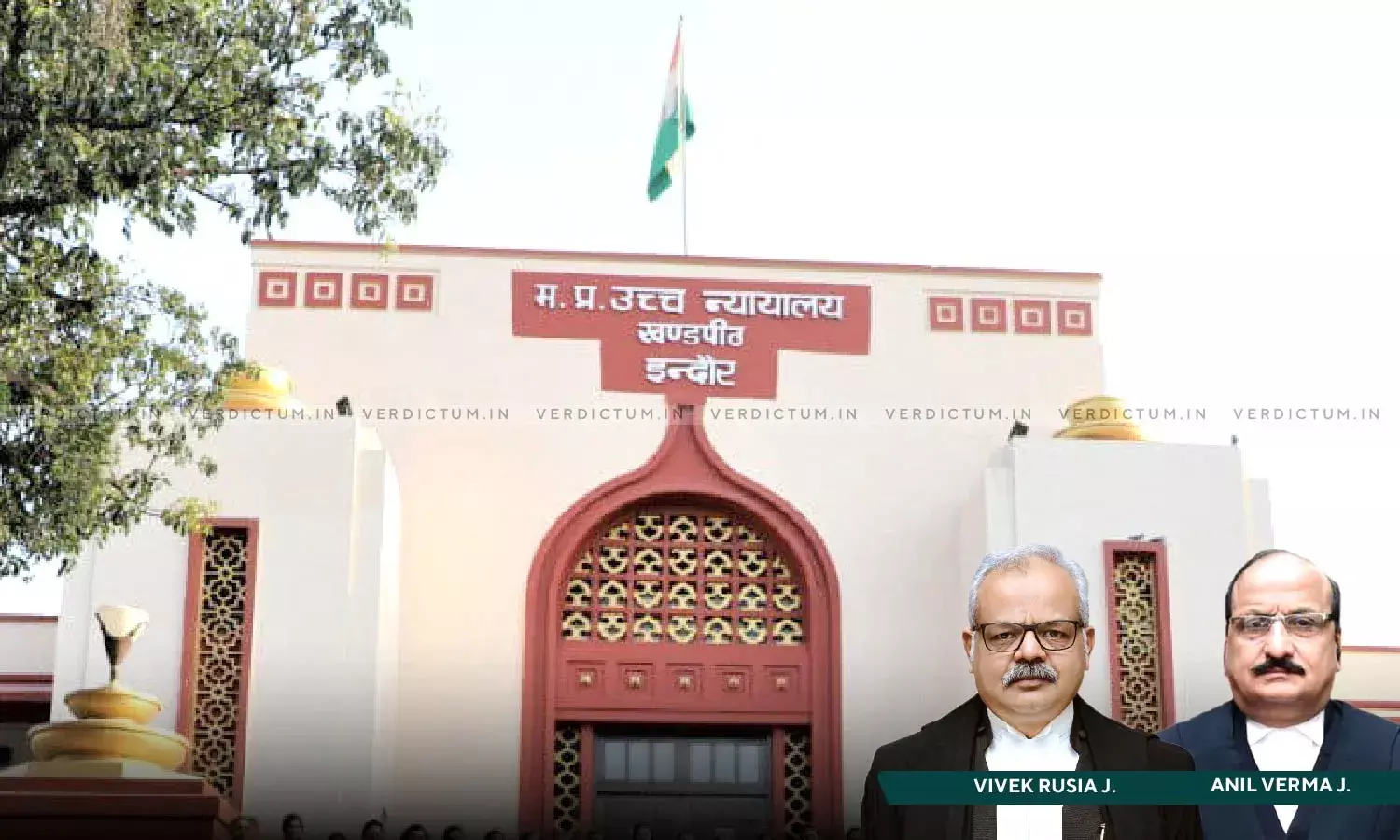Madhya Pradesh HC Directs State & Municipal Corporation To Restore & Secure Baavadees In Indore Ensuring Necessary Safety Measures To Prevent Future Incidents

The Madhya Pradesh High Court directed both the State Government and the Municipal Corporation to initiate the restoration and securement of Baavadees (ancient stepwells) across the city of Indore.
The Court dismissed Writ Petitions seeking a CBI investigation against Shri Veleshwar Mahadev Jhulelal Mandir officials and Municipal Corporation members after a fatal incident where a decades-old slab covering an ancient stepwell collapsed during an oblation.
The Court noted the decisions to permanently close Baavadees and wells after the incident but directed the State to enforce safety measures, preserving public well-being and access to these vital water sources.
The Court emphasized the historical significance of stepwells dating back to the Indus Valley Civilization, evolving into engineering marvels by the 11th-15th century.
“The State Government and Corporation both are directed to revive these Baavadee and wells and take necessary steps for providing protection, and safety measures in order to avoid any incident. The services of experts and technical be taken for the revival of these Baavadee and wells”, the Bench comprising Justice Vivek Rusia and Justice Anil Verma observed.
Advocate Chanchal Gupta appeared for the Petitioner, Government Advocates Archana Kher and Gaurav Singh Chouhan appeared for the State and Advocate Aniket Naik appeared for the Respondent.
The petitioners filed Public Interest Litigations seeking a CBI investigation or criminal case against the Shri Veleshwar Mahadev Jhulelal Mandir office bearers and Municipal Corporation officials. They also demanded compensation for the deceased families and government jobs for a dependent. The case involved a fatal incident at the temple where a 30 to 35-year-old slab covering an ancient stepwell collapsed during an oblation. An initial inquiry revealed negligence in the slab construction, leading to the tragedy. The State Government promptly compensated victims, but the Accused haven't faced trial, and departmental inquiries remain incomplete after more than a year.
The Court noted, “during the princely era, more than a hundred stepwells were built in Indore. Somewhere one storey and somewhere tow storeyed. Their beauty is worth seeing. People used to drink water from these stepwells. Farming was done by extracting water from Chadas”. These architectural marvels, witness to the city's history, were integral to daily life. Notable stepwells included Champa, Idgah, and Tatya’s stepwells, each reflecting the city's rich cultural heritage. The historical significance of stepwells dates back to the Indus Valley Civilization, evolving into engineering marvels by the 11th-15th century.
Despite their cultural importance, the Bench noted that these step-wells faced challenges during the British Raj, with authorities deeming their hygiene unsatisfactory. The introduction of pipe and pump systems aimed to replace them, yet these ancient water harvesting and drainage systems remain noteworthy today. “Historically, these Baavadee wells were ingeniously constructed by earlier rulers and kings with the foresight to preserve water and elevate the groundwater levels”, the Court noted.
The Bench observed that the Baavadee, another type of stepwell, played a vital role in minimizing water loss through evaporation and served as a rainwater harvesting method. Restoring Baavadees requires traditional materials, skilled craftsmen, architects, and structural engineers, offering local-level solutions to combat water scarcity.
Instead of closure, the Court directs Respondents to implement safety measures, maintaining public well-being while preserving access to these vital water sources. The Indore Municipal Corporation and landowners were tasked with periodic maintenance, while the state government and corporation were directed to revitalize these historical structures with expert assistance. The Court also directed the NGOs, societies, clubs, social organizations, communities, private companies, and public sectors to adopt these historical Baavadees and wells for revival and development.
Accordingly, the Court dismissed the Writ Petitions.
Cause Title: Rajendra Singh v State Of Madhya Pradesh

